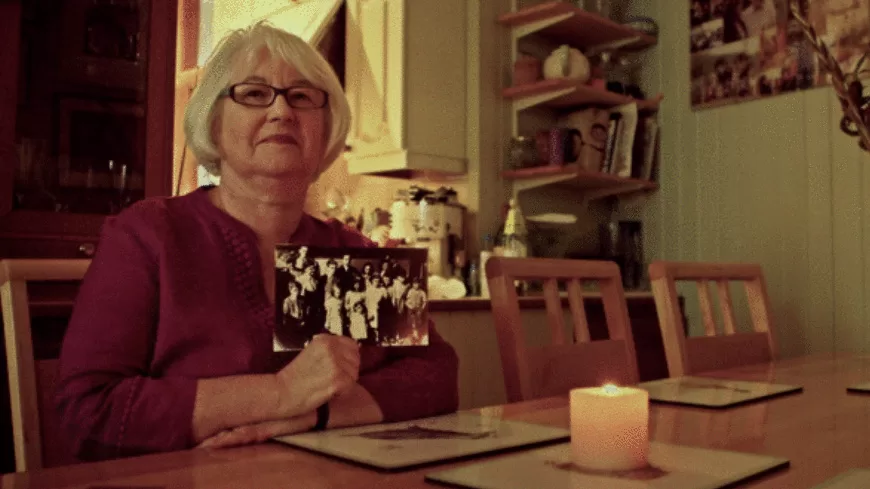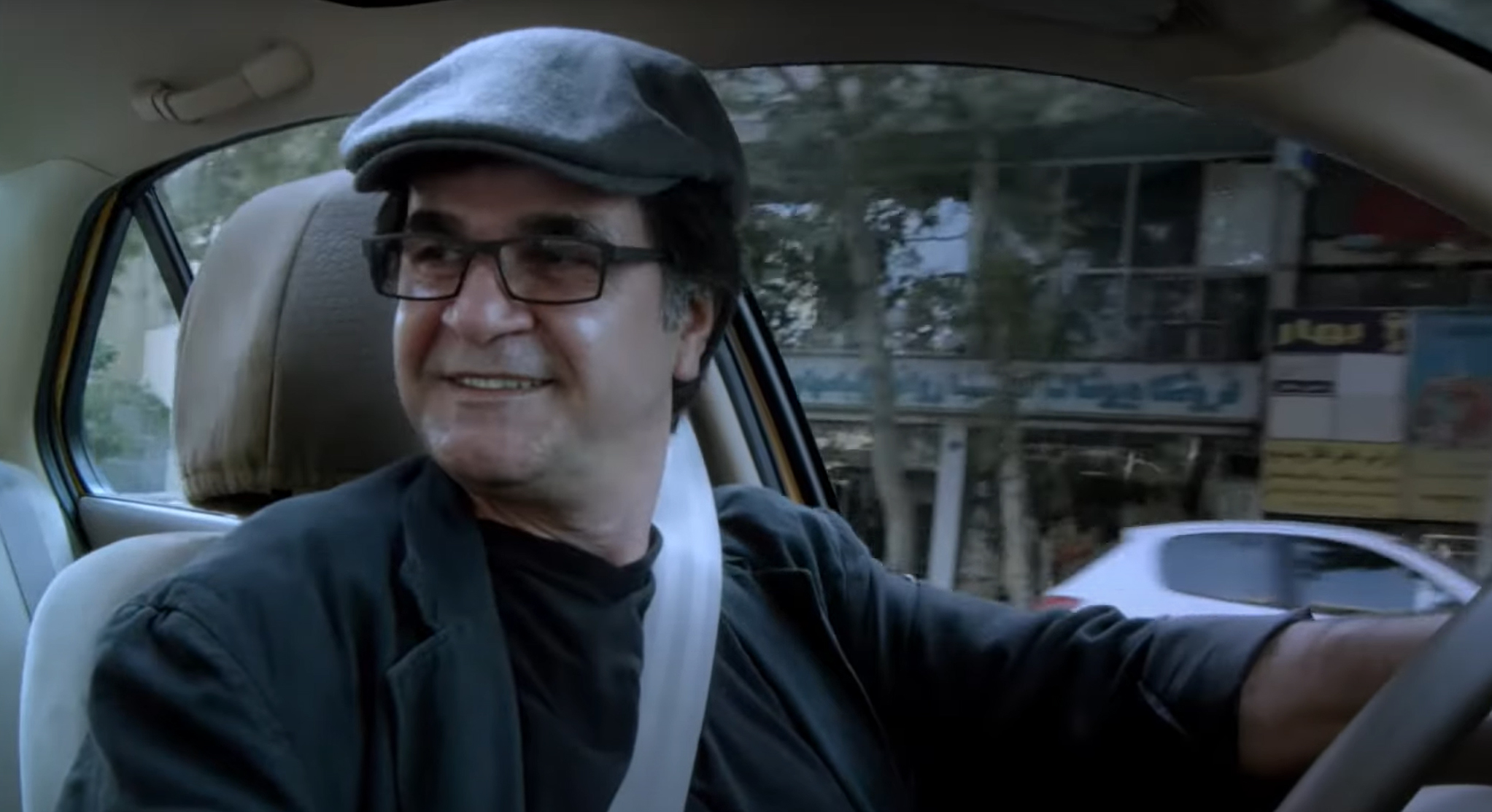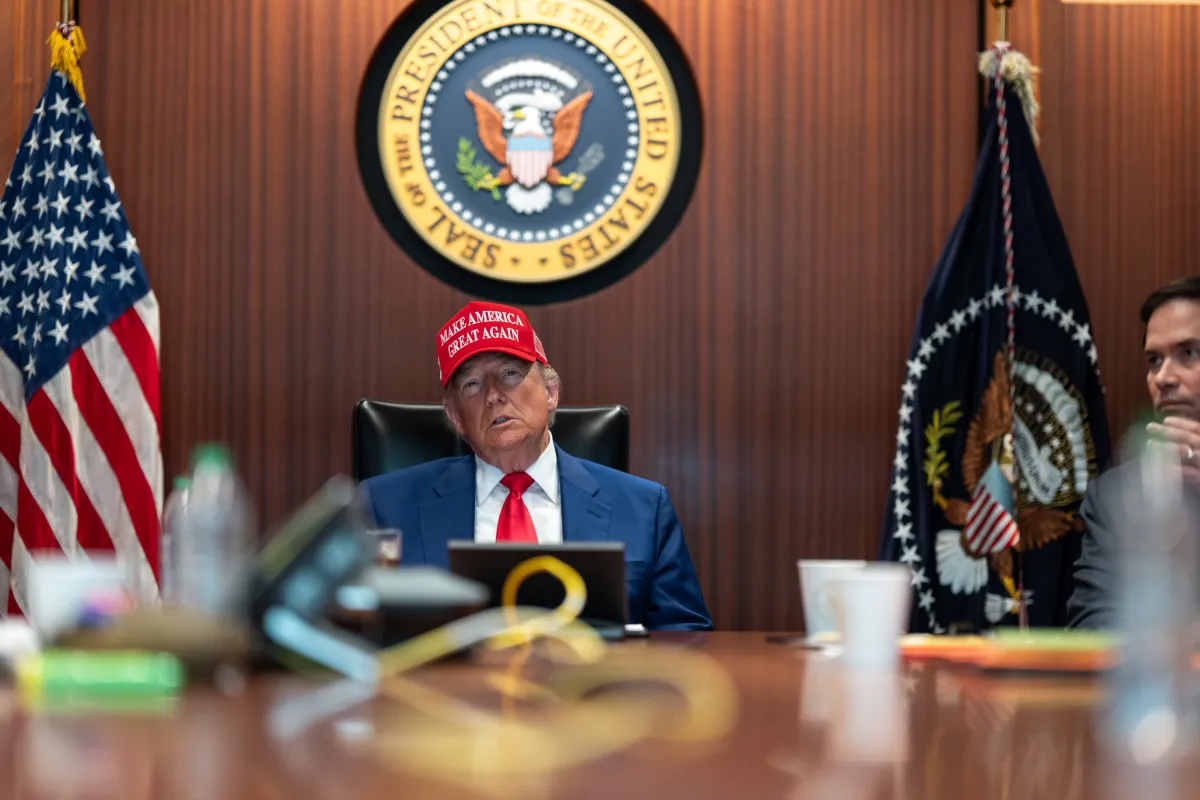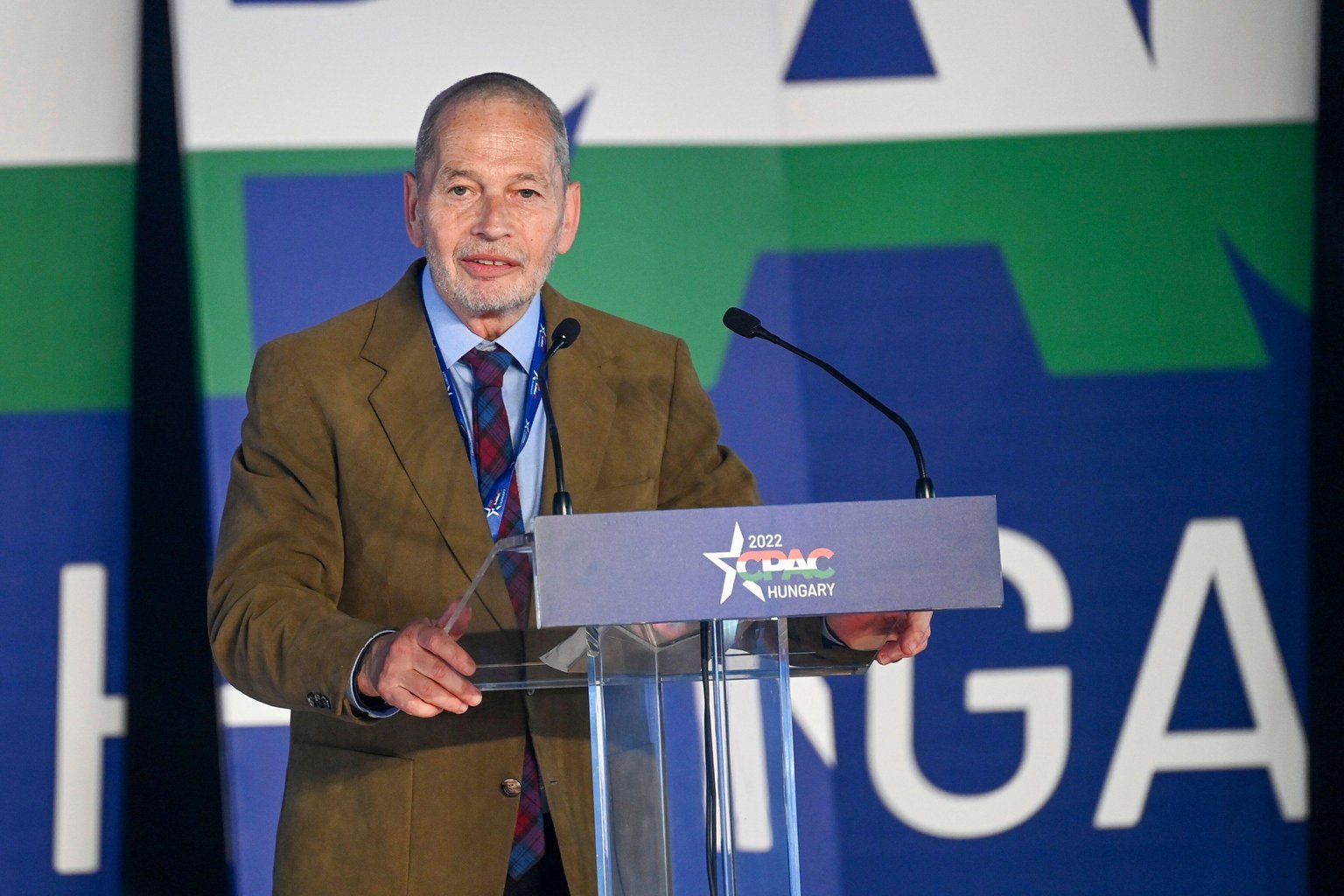We like to think of a world where each generation will be healthier, wealthier and safer than the last. There are undoubtedly periods in our global history where this happens. The fall of the Iron Curtain in the late 1980s saw generations of people in Eastern Europe stepping into the light and gaining independence of thought once more. The end of apartheid in South Africa brought with it hope for a better tomorrow: one based on equality and respect. We desperately wished that the moving aside of the military junta in Myanmar for Aung San Suu Kyi would herald a new beginning for the Burmese.
Authoritarians around the world were seemingly evaporating in the latter half of the 20th century, ousted by peaceful movements and a citizenry hungry for statehood without division, pain and hurt. I passionately believe that the arc of history does bend towards justice, but as we are reminded all too often the route it travels isn’t linear.
Humanity has the power to do extraordinary things. Over the centuries freedom of expression has unlocked the shackles holding individuals back from creating art, literature and scientific discoveries. But we must never forget that despots are people too. They are not other, they are not aliens who have arrived from another planet. They are us. They are people who make appalling decisions and whose world view is so very different from our own. Their actions confirm every day that our humanity also includes the destructive elements to bring with it sorrow, suffering and hardship.
The 21st century started with a genuine hope that the concept of vibrant democracy was winning around the world, but it wasn’t long before the disease of dictatorship infected parts of the globe once more. Tyrants thrive on division and hate. Finding a minority to blame, persecute and banish is the only way authoritarians can maintain their grasp on power. The playbook they use is always the same: capture a perceived grievance based upon reported failures of a democratic government; find a scapegoat to inculpate; convince the population that a simple solution is on offer and that the despot is the only one to implement it.
79 years after the end of World War Two our democratic dividend was meant to ensure that this cycle of hate and division was broken once and for all. The Holocaust had shown us the horrors this politics can lead to.
But nearly eight decades later whilst we may have hoped that history would never be repeated, recent history has shown us our own naïveté.
The ‘fragility of freedom’ has become the watchword of this century and is the theme of this weekend’s International Holocaust Memorial Day, a day which reminds us that horrors we believed were behind us are not only haunting our collective memory, but are still happening to this day.
Children abducted from parents. Religious minorities murdered for their faith. Women banned from an education. LGBT+ people sterilised. Journalists disappeared for reporting the truth. Writers attacked on stage. The list of atrocities happening around the world goes on. And demonstrates daily how fragile the freedoms we take for granted really are.
Every genocide which has taken place started with restrictions of freedom. It is why Index on Censorship gives a megaphone to dissidents. We do all we can to strengthen freedom of expression. Our contribution in the effort to fight for the democratic values we hold so dear.
Our work takes us to every corner of the world and we do this because we know that free and open societies don’t happen in a vacuum. They require nurturing in a connected planet.
Saying ‘never again’ is one thing. Acting is another. We must never take our freedom for granted. The world must be united with one voice in standing up for religious freedom, freedom of self-identity and freedom of expression. If we can do that the best of humanity will outshine our darkness and ensure future generations inherit the hope that delivers a secure future.
So I hope you’ll join me in lighting a candle this Saturday evening as we try and find a little light in a world that can feel like the darkness is winning.






